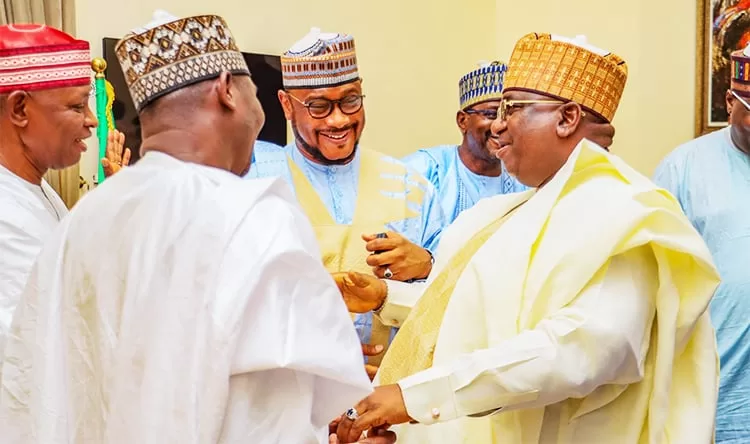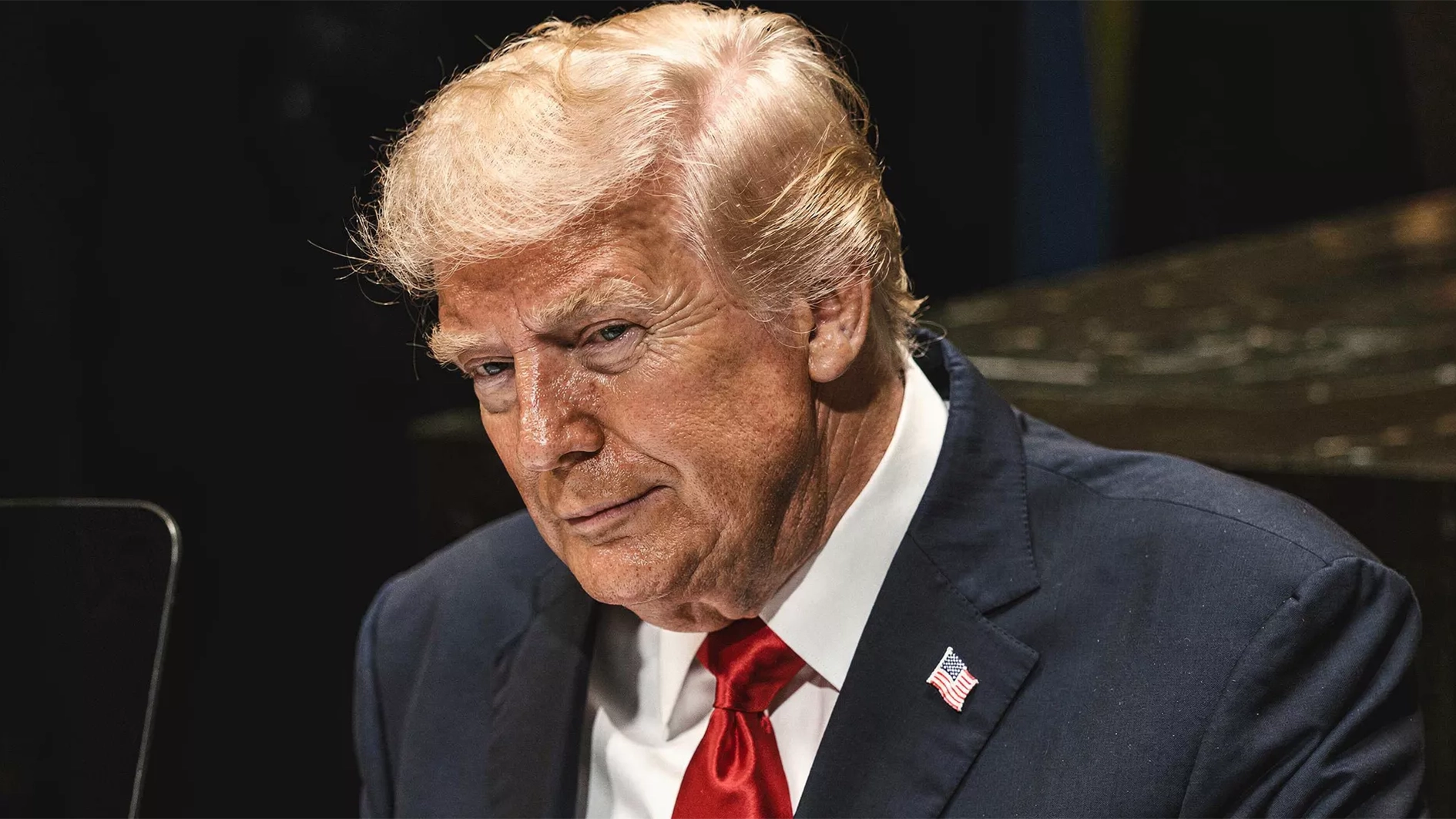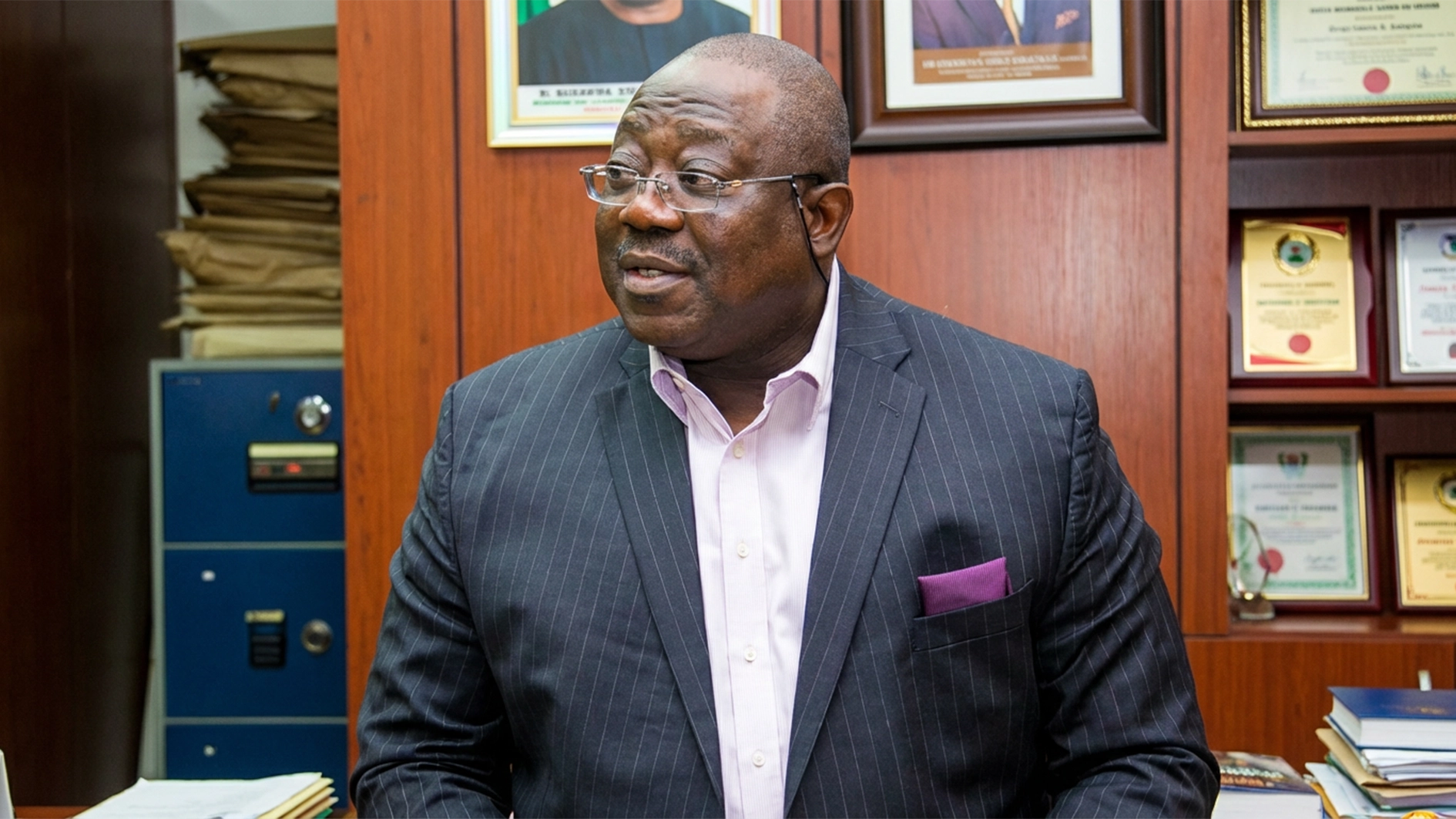Nigeria – born Kemi Badenoch has badmouthed Nigeria, our country, long enough, has she?
When the British MP spoke about her formative years in Nigeria, describing a society that, in her words, failed to nurture her potential, many Nigerians took offence. Some dismissed her outright, others accused her of betrayal, and even more rejected her comments as performative politics. What if we had listened before reacting?
Badenoch’s account is not a policy paper. It is only a testimony, strictly personal. It is her lived experience. By every standard of human dignity—and even the rules of evidence—lived experience matters. My wife, a lawyer, recently reminded me that in law, testimony based on personal knowledge is admissible. The court does not require proof of pain beyond a reasonable doubt to confirm its occurrence. The same principle applies in public discourse.
Kemi’s words are not immune to critique. However, they are also not completely lacking in truth. Whether we agree with her politics or not, we must recognise she is not speaking arbitrarily. She is an agenda-driven thinker, with deliberate and purposeful words rooted in a personal narrative shaped by Nigeria’s systemic failures. This does not mean we endorse her conclusions; it means we acknowledge her perspective.
Too often, we see personal truth as a threat instead of an invitation. Life is layered. Identity is complex. No country, least of all Nigeria, should fear honest reflection from those it once failed to serve.
This is not a defence of Kemi’s political philosophy. It is a plea to Nigeria—and Nigerians—to outgrow the impulse to silence dissent. Her story is not a distraction. It is a dispatch from the margins. And it demands a listening ear.
Many Nigerians, like Kemi, have taken their talents abroad—not because they lack love for Nigeria, but because the nation made their stay unsustainable. Scientists, educators, inventors, artists, athletes, and entrepreneurs have fled not out of bitterness, but out of necessity. Patriotism, contrary to popular opinion, is not demanded. It is cultivated. It grows in environments where the state keeps its promises, where talent is nurtured, and where dignity is upheld.
Yes, some do succeed within Nigeria’s borders. Success under strain should not become our national model. We cannot mistake endurance for design. We must ask: Is brilliance the exception or the norm? Can talent thrive without a godfather? Can dreams flourish without compromise?
This is why her story hit home. It called us out. It challenged the myth that loving Nigeria means never criticising it. But love—true love—demands honesty. Patriotism is not silence in the face of dysfunction. It is the courage to confront failure without abandoning hope.
Kemi’s comments—and the backlash—are not unique to Nigeria. Globally, we are in the throes of ideological polarisation. From the U.S., campuses debating “safe spaces” to replace culture in the media, the world is increasingly allergic to nuance. We dismiss what we don’t understand. We demonise what doesn’t mirror us. But this cannot be our path forward.
We must cultivate intellectual empathy: the capacity to listen without feeling threatened, to sit with discomfort, and to remain curious in the presence of difference. That is the antidote to blind patriotism. That is the foundation of real dialogue.
Let’s be honest—Nigeria has not yet kept faith with its people. A country that denies basic healthcare to millions while funding medical tourism for its elite has broken the social contract. A country where 20 million children are out of school and many more graduate with no marketable skills has failed its youth. A country where safety is private, education is outsourced, and justice is optional cannot demand blind loyalty.
When John F. Kennedy said, “Ask not what your country can do for you—ask what you can do for your country,” it was not a moral lecture. It was a transaction built on trust. America had shown up for its people. It could ask for their service in return. Nigeria has not earned that “ask not” yet.
And so, we must learn to hear stories like Kemi’s without defensiveness. We must hold space for every Nigerian voice—even the ones that hurt to hear…especially those. Our national maturity will be measured not by how loudly we cheer ourselves on, but by how graciously we absorb uncomfortable truths.
History offers a sobering reminder. Frantz Fanon, born in the French Caribbean, stood by the Algerians against French colonialism. Nelson Mandela called for sanctions against his own country during apartheid, not out of hate, but out of a deeper love for its rebirth. Ken Saro-Wiwa took Nigeria before the world—not because he hated it, but because his sense of justice demanded it.
Each of them acted from conviction. Each of them told a painful story. Whether we agreed or not, we cannot deny their pain, their purpose, or their pursuit.
Therefore, let’s stop asking whether Kemi’s story offends us. Let’s ask whether it reflects something we need to confront. Not to cancel her, but to compel us toward something better.
Let this be a call to reflection, not retaliation. A moment not for outrage, but for inquiry.
If your country breaks you, it is still possible to want it reborn.
What if your love is not disloyalty, after all—it is only a prophecy.
Ukoh, an alumnus of American University of Nigeria, Yola, and PhD student at Columbia University, wrote from New York.






